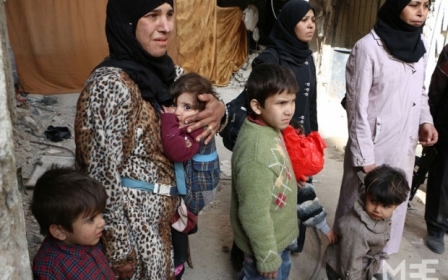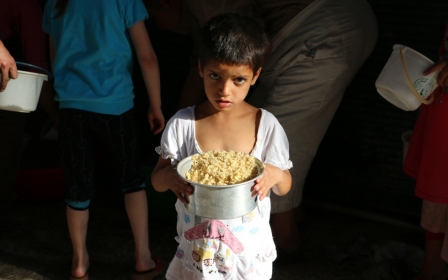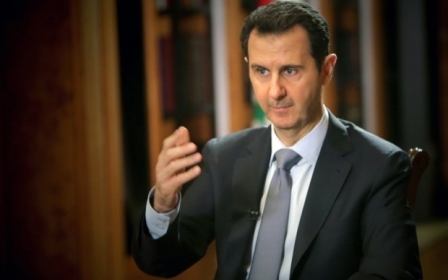UN staffers caught in deadly crossfire in ongoing conflicts

KUWAIT CITY - The deadly Syrian military conflict – now entering its fifth year – which has claimed the lives of over 200,000 mostly civilians, including women, children and aid workers, has not spared the United Nations either.
The world body has been mourning the loss of 17 of its staffers, with an additional 30 missing, probably held in detention either by the Syrian government or by rebel forces battling the government of President Bashar al-Assad.
The agency most affected is the UN Relief Works Agency (UNRWA), which has lost 14 of its staff, including five of them killed last year.
Asked if they were singled out because of their affiliation with the United Nations, Chris Gunness, UNRWA spokesperson and director of advocacy and strategic communications, told IPS the staff killed in Syria died in many different ways “caught up in this pitiless conflict”.
“We have no evidence that they were singled out and killed because they work for the UN. But their deaths illustrate the price UNRWA staff have paid for their dedication to the humanitarian cause.”
He said they were all local Palestinian staff, while the 18,000 civilians trapped in the besieged refugee camp of Yarmouk are a mixture of Palestinian refugees and Syrians.
Many Palestinian refugees have been killed or seriously wounded, including in incidents that affected UNRWA installations.
“But UNRWA is not in a position to verify figures on the total numbers of Palestinian refugees killed,” said Gunness, on the eve of the third international conference on humanitarian aid to Syria to be hosted by the government of Kuwait.
The ongoing civil war in Syria – and the spreading conflicts in Iraq, Libya and Yemen – has made it increasingly difficult for UN staffers in humanitarian missions aimed at providing food, medicine and shelter to the ever-growing number of refugees and internally displaced persons (IDPs).
Ian Richards, president of the Coordinating Committee of International Staff Unions and Associations (CCISUA), representing 60,000 staff working at the United Nations, told IPS: “Unfortunately, we’re no longer in an era when warring parties respected the UN flag and those who operated under it. As the figures show, UN staff are now a specific target by rebel groups.”
At the same time, he said, the UN has a policy of “stay and deliver” meaning that it is reluctant to pull out of conflict zones. This means it has a very real duty to protect its staff.
While security in the field is taken more seriously than before, the UN and its member states could do much more, Richards added.
“One example that we are keen to highlight is that the warring parties in Syria who kill or kidnap UN staff get their financing and support from sources located in UN member countries, yet this is rarely brought up.”
The treatment of local staff is also a worry, he said.
The UN argues that in contrast to international staff, local staff and their families were already located in the conflict zone.
However, by working for the UN, local staff and their families are seen as a legitimate target, especially by some of the groups operating in Syria.
“Therefore the UN does need to do more for local staff and their families,” Richards noted.
UN Secretary-General Ban Ki-moon has expressed serious concern over the continued killings of UN staffers in field operations.
“I am appalled by the number of humanitarian workers and peacekeepers who have been deliberately targeted in the past year, while they were trying to help people in crisis,” he said, at a recent memorial ceremony to honour fallen staff members.
In the past year, UN staff members were killed while relaxing over dinner in a restaurant in Kabul while two colleagues were targeted after getting off a plane in Somalia, he added.
New MEE newsletter: Jerusalem Dispatch
Sign up to get the latest insights and analysis on Israel-Palestine, alongside Turkey Unpacked and other MEE newsletters
Middle East Eye delivers independent and unrivalled coverage and analysis of the Middle East, North Africa and beyond. To learn more about republishing this content and the associated fees, please fill out this form. More about MEE can be found here.




